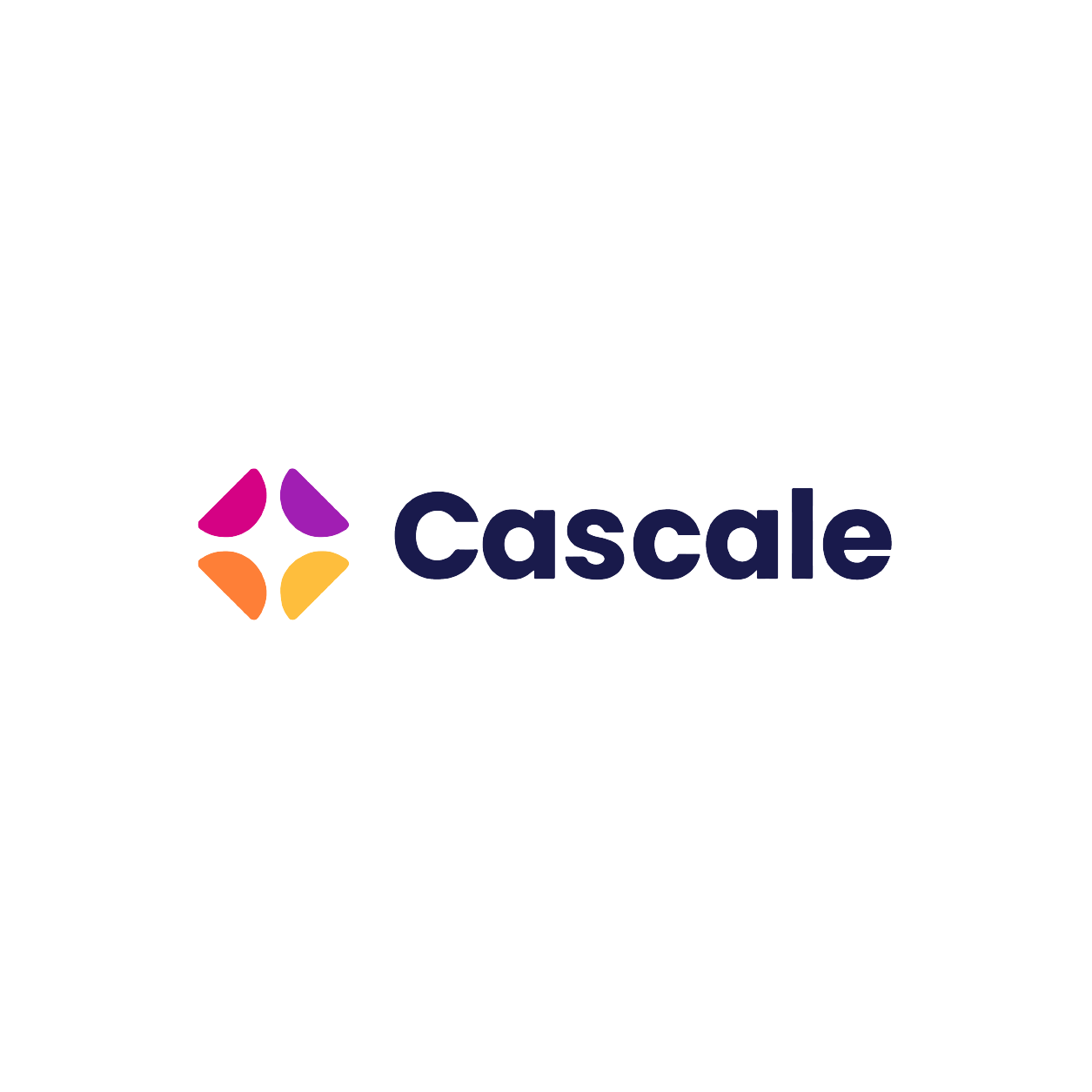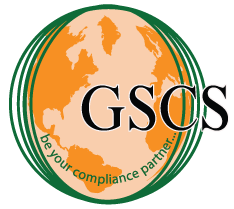
How Cascale BRM Verifier Body Ensures Verified Sustainability Data
Introduction: The Higg Brand and Retail Module (BRM) plays a critical role in this, and it was developed by the Sustainable Apparel Coalition (CASCALE). One such initiative is supported by the Cascale BRM Verifier Body, which ensures accuracy and dependability in sustainability data reported by retailers and fashion brands. It has become a matter of utmost concern for businesses, particularly those in fashion and retail industries that have previously come under fire due to their environmental and social impacts. The Higg Brand & Retail Module (BRM) is one tool that has come up to help companies measure and improve their sustainability performance.
CASCALE BRM Verifier Body- The Higg BRM creates an international benchmark for measuring and discussing sustainability performance among retailers and fashion brands. BRM availed comparable data for the first time, allowing us and the brands to pinpoint areas that need work. The Sustainable Apparel Coalition is well positioned to spearhead this crucial transformation in the fashion sector because it is an independent, globally oriented organization.
We are going to explain the Cascale BRM Verifier Body, why it matters, and how it benefits the fashion and retail sectors.
What is Cascale BRM Verifier Body?
Cascale BRM Verifier Body is a separate body that ensures and verifies information from brands and retailers through the Higg Brand & Retail Module (BRM) is accurate. The main aim of the Cascale BRM Verifier Body is to make sure that sustainability claims made by various companies are believable, coherent, and compliant with internationally recognized standards.
Verification consists of different stages, such as document review, site visitation, and comparison of reported metrics with industry benchmarks. The fashion industry’s transparency and responsibility largely depend on the stringent criteria utilized by the Cascale BRM Verifier Body.
Cascale BRM Verifier Body: Why It Most Important?
This Cascale BRM Verifier Body does the important job of maintaining the integrity of sustainability data. Here’s why it’s so important:
Ensuring Data Accuracy: In order to make informed decisions and meet sustainability goals, having reliable data is crucial. This is what Higg BIM ensures through its verifying body.
Building Trust: Using verified information that confirms that sustainability responses go beyond marketing claims, will help in winning trust from customers as well as investors and other industry colleagues.
Enabling Comparisons: Standardised verification allows different brands’ sustainability performance to be compared using comparisons which foster competition and improvement.
Driving Accountability: These companies are accountable for their efforts on ESG – environment, social and governance matters, therefore ensuring they make tangibles changes.
Transforming the Industry: In fashion and retail business verticals, the Cascale BRM Verifier Body brings about radical change by promoting openness of data at all levels.
The Benefits of Cascale BRM Verifier Body
Many benefits come with the Cascale BRM Verifier Body for fashion and retail business people and stakeholders:
1. Responsibility
This leads to serious working rather than just listing their environmental claims.
2. Improved Reputation
Transparent companies that care about the environment always seem trustworthy. Verified data concerning greenness also boosts their reputation.
3. Insights on Strategy
It helps a company identify its weak points and set achievable targets and priorities on what should be acted upon that will significantly impact anything other than what might go to waste.
4. Compliance with Regulation
When verified, this data guarantees that no fines or other legal punishments related to non-compliance with sustainable regulations occur in any jurisdictions where it operates.
5. Stakeholders’ Empowerment
For instance, an investor can use such figures to determine whether he or she wants to invest in a particular firm for a long time, while customers may choose to buy brands they believe in.
How Cascale BRM Verifier Body Works
The Cascale BRM Verifier Body follows a rigorous process to ensure the reliability of the data submitted by brands. Here’s how the verification process works:
- Step 1: Data Submission
- Step 2: Data Review
- Step 3: On-Site Evaluation
- Step 4: Verification Report
- Step 5: Continuous Improvement
Why Choose GSCS International?
GSCS International is a trustworthy industry leader serving as a provider of Cascale BRM Verification. Why should you choose it, or what makes it unique?
Unbeaten Experience
For many years, GSCS International has been providing sustainability certification, helping the world’s biggest brands move forward with tried-and-tested strategies they can trust.
End-to-End Support
From submitting your data to carrying out on-site visits and producing final reports, GSCS will assist you throughout the verification process.
Conformance to Global Standards
In addition, this ensures that your brand complies with globally recognized sustainable frameworks, enhancing its credibility worldwide.
Individualized and Cost-effective Solutions
GSCS customizes, efficiently, and simplifies these services, saving your company time and money while fully addressing its specific needs.
Your sustainability claims will be credible, verified, and trusted by stakeholders worldwide if you select GSCS International.
Conclusion: The Cascale BRM Verifier plays an important role in driving trustworthiness and dependability of sustainability data. By applying the Higg BRM structure, it allows for establishing business performance indicators, improving areas to comply with global standards. Companies can go through the verification process without difficulties supported by GSCS International experts and achieve their sustainable targets.
With respect to entrepreneurs out there, embracing Cascale BRM Verification is not just about being compliant—it is going a step ahead for a sustainable and ethical tomorrow. Partner with GSCS International today and distinguish your brand from others because of its verified sustainability performance.
Interested in learning more? Check out our guide on: Sustainability with CASCALE Higg FEM Verification
FAQ:
Cascale BRM Verifier Body ensures that data is sustainable, reported through Higg BRM by brands and retailers. The sustainability data should be accurate, credible and harmonized with global standards. It evaluates data via documentation review, on-site assessments and benchmark comparisons.
Aside from gaining trust among stakeholders, verified data also makes it possible for companies to hold themselves accountable and make rational decisions. It is also a way of fulfilling regulatory requirements and steering the entire industry towards more sustainable practices.
The process involves reviewing submitted data, cross-checking it with industry benchmarks, and conducting physical assessments if necessary. This ensures the data’s accuracy and alignment with global standards.
